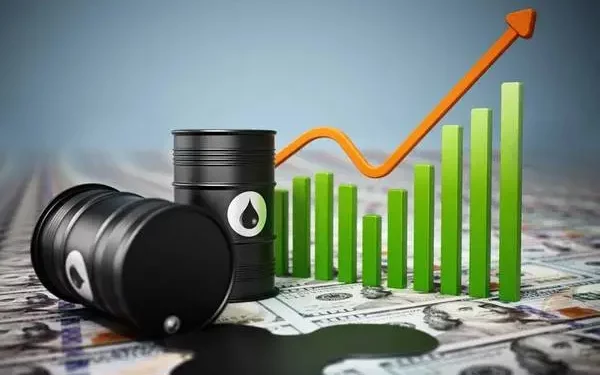Oil prices set for a weekly gain as the war premium returns
“The prospect of more Venezuela oil did little to ease concerns of disruptions in the Middle East,” ANZ analysts said in a note quoted by Reuters.
- Advertisement -
Crude oil prices started trade today with a gain that could extend a winning streak that began last week.
At the time of writing, Brent crude was trading at $93 per barrel, with WTI at over $90.
- Advertisement -
The war premium that emerged when Hamas attacked Israel earlier this month is still very much present, with the added bullish news that the U.S. Department of Energy is seeking to buy 6 million barrels of crude for the strategic petroleum reserve.
- Advertisement -
“The risk premium in crude has shot up again,” Vandana Hari, founder of consultancy Vanda Insights, told Bloomberg. “As long as the Israel-Hamas tensions run high, crude will remain susceptible to further spikes on signs of an escalation.”
Hari noted the latest update from the Middle East, in which media reported that a U.S. warship in the Red Sea had intercepted three missiles fired from Yemen, possibly at Israel.
- Advertisement -
“The prospect of more Venezuela oil did little to ease concerns of disruptions in the Middle East,” ANZ analysts said in a note quoted by Reuters.
In mid-morning trade in Asia, Brent crude was trading up 1% from yesterday’s close, Reuters reported, with West Texas Intermediate up by some 1.3%, both benchmarks above $90 per barrel at the time of writing.
This could be a problem for the Department of Energy, which set a price target of $79 per barrel or less for its latest SPR refill effort. The purchases are planned for December and January.
- Advertisement -


